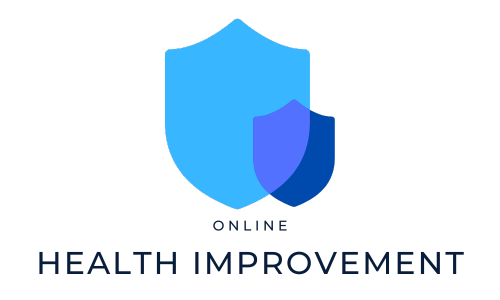Role of Lutein and Zeaxanthin in Eye Health
Introduction:
The human eye is a remarkable organ that allows us to see and experience the world around us. However, with modern lifestyle habits such as excessive screen time, environmental pollutants, and inadequate nutrition, our eyes are constantly being subjected to strain and damage. To combat these issues and maintain optimal eye health, it is essential to incorporate specific nutrients into our diet, such as lutein and zeaxanthin. In this article, we will explore the role of lutein and zeaxanthin in eye health and their importance in preventing age-related macular degeneration (AMD) and improving overall vision.
What are Lutein and Zeaxanthin?
Lutein and zeaxanthin are carotenoids, which are pigments found naturally in various fruits and vegetables. These pigments are especially abundant in green leafy vegetables, such as spinach, kale, and broccoli. In the eye, lutein and zeaxanthin are found in large quantities in the macula, a small central area of the retina responsible for central vision.
Protection against Blue Light:
One of the primary functions of lutein and zeaxanthin is protecting the eyes from harmful blue light. Blue light is emitted by electronic devices, such as smartphones, computers, and televisions, as well as natural sunlight. Prolonged exposure to blue light can lead to oxidative stress and damage to the retinal cells. Lutein and zeaxanthin act as antioxidants, reducing and neutralizing the harmful effects of blue light, thereby reducing the risk of developing AMD.
Prevention of Age-Related Macular Degeneration (AMD):
AMD is a common age-related eye condition that causes a gradual loss of central vision. It is one of the leading causes of blindness in individuals over the age of 50. Research suggests that lutein and zeaxanthin can play a significant role in preventing the development and progression of AMD. These carotenoids help filter harmful ultraviolet and blue light before they reach the delicate macular tissue. Additionally, they reduce inflammation and oxidative stress, both of which contribute to the development of AMD.
Improvement of Visual Performance:
Consuming lutein and zeaxanthin has also demonstrated benefits related to visual performance. Studies have found that individuals with higher levels of these carotenoids in their blood tend to have better contrast sensitivity, color vision, and overall visual acuity. These improvements can positively impact tasks that require sharp vision, such as reading, driving, and recognizing faces.
Enhanced Macular Pigment Density:
Macular pigment density refers to the amount of lutein and zeaxanthin present in the macula. A higher macular pigment density is associated with a lower risk of AMD. By consuming lutein and zeaxanthin-rich foods or supplements, individuals can increase their macular pigment density, thereby providing their eyes with an extra layer of protection against oxidative stress and blue light damage.
Tips for Incorporating Lutein and Zeaxanthin into Your Diet:
– Consume dark green leafy vegetables regularly, such as spinach, kale, and collard greens.
– Incorporate other lutein and zeaxanthin-rich foods like broccoli, peas, corn, eggs, and orange bell peppers into your meals.
– Consider taking a lutein and zeaxanthin supplement if you are unable to consume sufficient amounts through your diet alone.
– Combine lutein and zeaxanthin-rich foods with a source of healthy fats, as these carotenoids are fat-soluble and are better absorbed in the presence of dietary fat.
– Limit excessive screen time, especially before bedtime, to reduce the strain on your eyes.
Conclusion:
Lutein and zeaxanthin are vital nutrients that play a crucial role in maintaining optimal eye health. Their ability to protect against blue light, prevent AMD, improve visual performance, and enhance macular pigment density makes them essential components of a healthy diet. By incorporating lutein and zeaxanthin-rich foods or considering appropriate supplementation, individuals can take proactive steps to support their eye health and preserve their vision for years to come.
